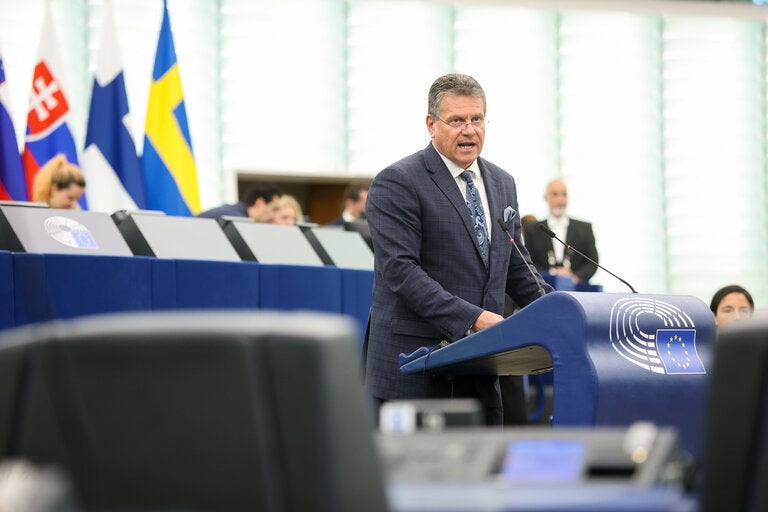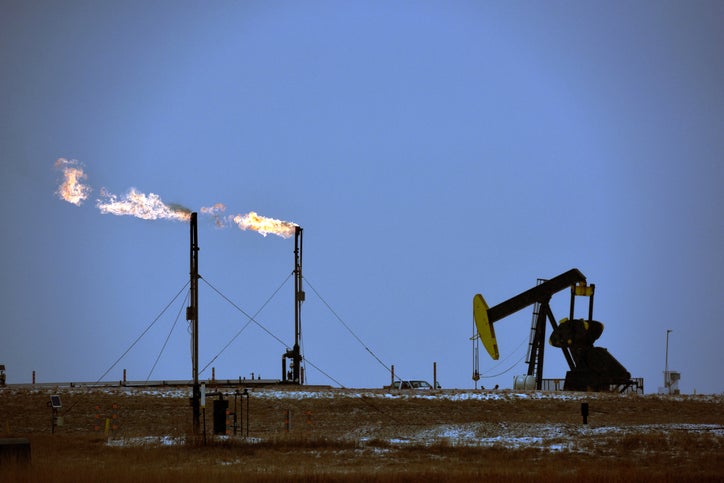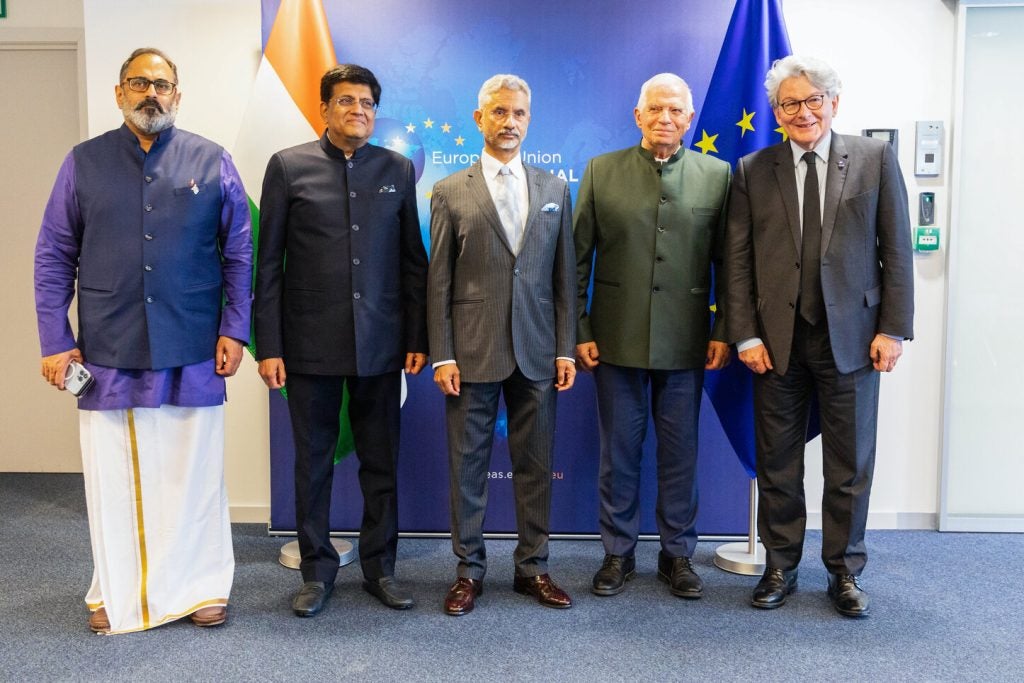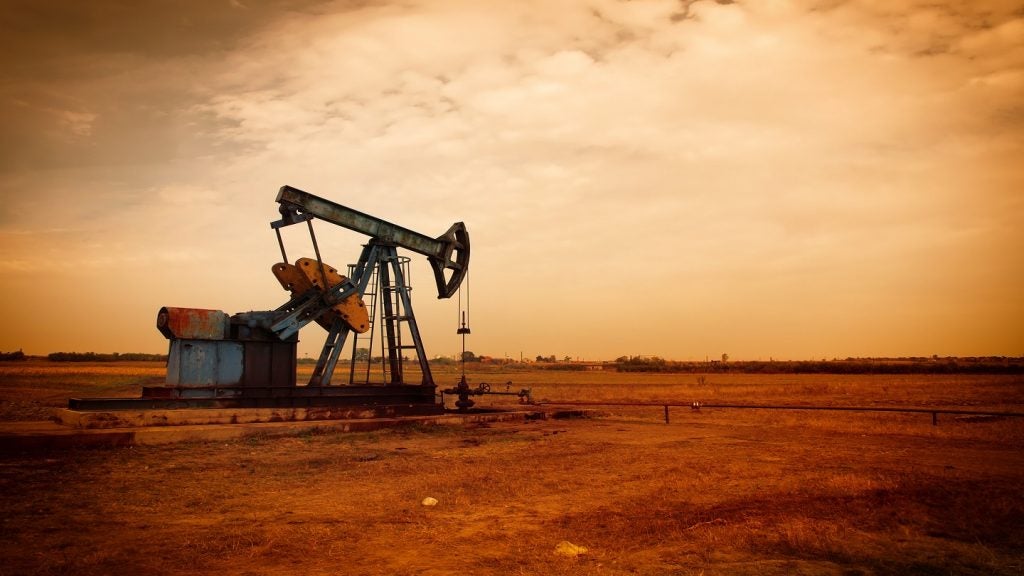
The first ever EU joint gas purchase tender attracted offers for 13.4 billion cubic metres (bcm) of natural gas, more than the 11.6bcm EU companies said they needed to meet European demand.
In announcing the result on Tuesday morning, vice-president of the European Commission Maroš Šefčovič described the tender as “a remarkable success”.
The joint tender was opened on 10 May and gas suppliers were given until 15 May to submit their bids to cover gas deliveries from June 2023 to May 2024. The scheme was created by the EU to ensure sufficient gas supplies throughout next winter and tackle high energy prices.
EU nations are obliged to use the tenders to meet at least 15% of their gas needs. Šefčovič said the success of the scheme “shows that we were right to pool our demand, to use Europe’s collective pulling power, and to work together to fill our gas storages for next winter”.
A total of 25 suppliers submitted bids and service provider Prisma matched offers equalling 10.9bcm to customer demand. Liquified natural gas accounts for 20% of this volume and pipeline gas for 80%, said Šefčovič.
“The matching in the most vulnerable countries is particularly positive,” the vice-president added. The gas deliveries requested by Bulgaria have been fully matched, as have 100% and 80% of the volumes requested by Ukraine and Moldova, he said.
EU companies will now negotiate their supply agreements directly with the successful bidders, independently of the Commission.
A second EU gas tendering round is expected to be launched in the second half of June and further tenders will follow every two months until the end of year, the Commission said in a press statement.
Meanwhile, across the Channel, UK trade association Energy UK concluded in a report published on Monday that the UK should collaborate more meaningfully with the EU on energy given shared energy security concerns and the ongoing impacts of the “gas crisis”.
According to the report’s authors: “Cooperation is the easiest way to ensure that the UK and our European neighbours will never again have to tackle an energy crisis caused by geopolitical factors and an overreliance on volatile and expensive gas imports”.
Energy UK suggests that the UK increases its collaboration with Europe to scale up its renewable capacity. Domestic renewable energy production reduces reliance on imports, it notes.





